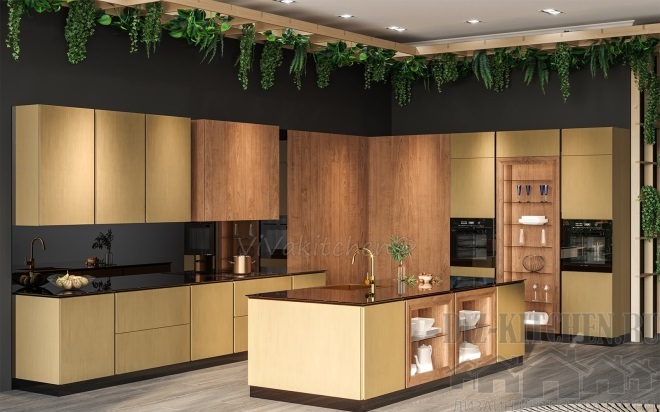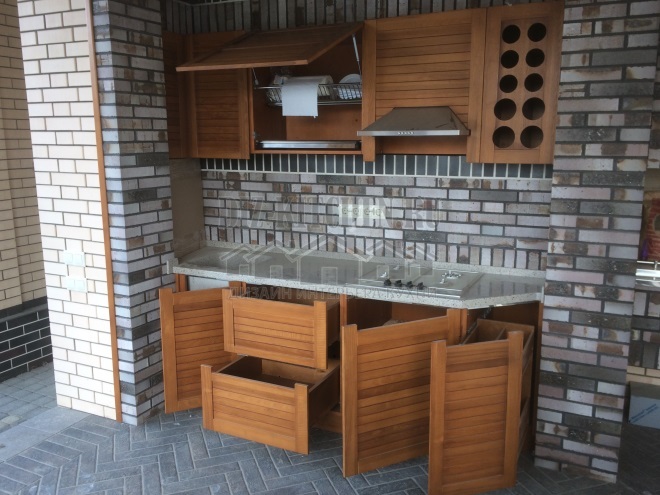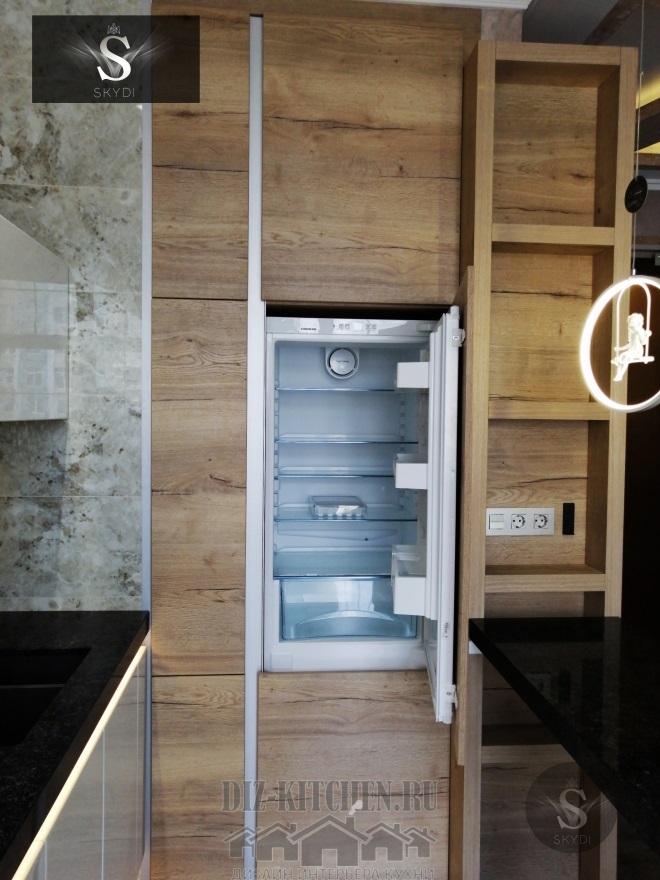Japan is a distant country in the east. She usually associates with sushi, sakura, high-quality equipment and a unique interior style. Japanese curtains are minimalist curtains that look appropriate not only in national design, but also in some others. These practical textiles are more reminiscent of fabric panels rather than familiar curtains.

Oriental-style curtains have a very complex design, but their popularity is only growing. Not in any style, these strict products can get along. They feel great in ethnic and minimalist styles. Today, people appreciate no less than the design qualities of ease of use, the ability to replace and the high speed of installation. Such products are easy to clean, they can be attributed to the most practical solutions. It is also worth noting the versatility of Japanese curtains. With their help, you can not only arrange window openings, but also replace interior doors, zoning the room.

No additional decor in Japanese curtains is provided. They are suitable for modern interiors due to the small amount of material and simple form. But at the same time, a presentable appearance is preserved. The texture and colors can be very different, sometimes completely unexpected.

Designers solve complex problems quite often, but they are also cautious in using accessories made in the Japanese style. This is explained simply, because in some interiors such details look completely inappropriate. In particular, it is not worth using Japanese curtains in small-sized apartments in kitchens. It is better to frame a tiny window with light laconic curtains or traditional curtains. They can be tied up, assembled, removed; they take up little space. If we are talking about the dining room or kitchen with a luxurious and noble design, it is better to choose lush options with the appropriate decoration and many decorations. Fans of Provence or Empire style should also abandon the Oriental curtains, as they simply do not fit into these styles.

For the strict panels of Japanese curtains, an ideal place can be a room with a large area of glazing. Also, such products are a good option for a loggia combined with a kitchen. Japanese curtains can be mounted on the entire wall if the windows are small, but the area of the room is large. Even shortened models in spacious rooms look appropriate and organic.

Japanese curtains are a practical option that lovers of the east should take a closer look at. Hi-tech and a loft, they are also not strangers, since strict geometry comes in handy.
Such curtains are rectangular in shape. Stiffness distinguishes them from ordinary curtains. It is created due to the tension of the canvas on the ledge between the fasteners and the weighting element sewn into the lower part. The last part is usually masked by fabric and is a rod or ruler of metal or solid wood. When opened, Japanese curtains resemble rolled models, however, the eastern version can be fixed in arbitrary order in several rows. This feature is provided by a cornice fixed to a wall or ceiling. Each curtain is assigned its own path, so you can easily move any part of the canvas.

Textiles for Japanese curtains are used diverse. The classic version of the products involves natural fabrics - linen, cotton, silk, bamboo. The thickness of the web can be different. Its transparency, texture and other parameters also vary. One thing remains unchanged - natural origin.

Synthetic threads strengthen fabrics today in order to increase their resistance to wear and durability. Nothing wrong with that. It is worth considering that the Japanese traditionally strive for maximum harmony with nature. A tribute to European practicality may be the addition of ten percent of synthetics to natural threads. The characteristics of the canvas from this definitely will not suffer.

Panels of their chiffon, silk, organza and other natural fabrics will be more preferable if there is little natural light in the room, its area is relatively small. Cotton or linen, that is, denser textiles, can be chosen for spacious rooms. Sacking, gunny, satin, taffeta and other fabrics can also be used if desired. You can experiment with texture and colors as much as you like. A combination of several materials in one product is also allowed.

Even with a clear understanding of the final result you want to get, it’s better to start choosing any oriental curtains with a sketch. At the same time, it is desirable to withstand colors and sizes so that they correspond with the real situation as close as possible.
-
 Little space in the apartment - a wide windowsill will help out
Little space in the apartment - a wide windowsill will help out
-
 How to shelter a gazebo inexpensively
How to shelter a gazebo inexpensively
-
 Stained glass inserts in an apartment with children: is there a danger?
Stained glass inserts in an apartment with children: is there a danger?
-
 How to solve the problem with the supporting beams without dismantling the structures
How to solve the problem with the supporting beams without dismantling the structures
-
 How to beautifully green the roof of a private house
How to beautifully green the roof of a private house
-
 What is the cheapest house project
What is the cheapest house project
-
 The subtleties of building houses with glass walls in Russia
The subtleties of building houses with glass walls in Russia
-
 Why do you need several light sources in a room
Why do you need several light sources in a room
-
 How to do without a bath in the bathroom
How to do without a bath in the bathroom
-
 Ventilation grill problems
Ventilation grill problems
-
 What types of tiles are not suitable for repair
What types of tiles are not suitable for repair
-
 How to do without hanging cupboards in the kitchen
How to do without hanging cupboards in the kitchen
New publications are published daily on our channel in Yandex. Zen
Go to Yandex. Zen


